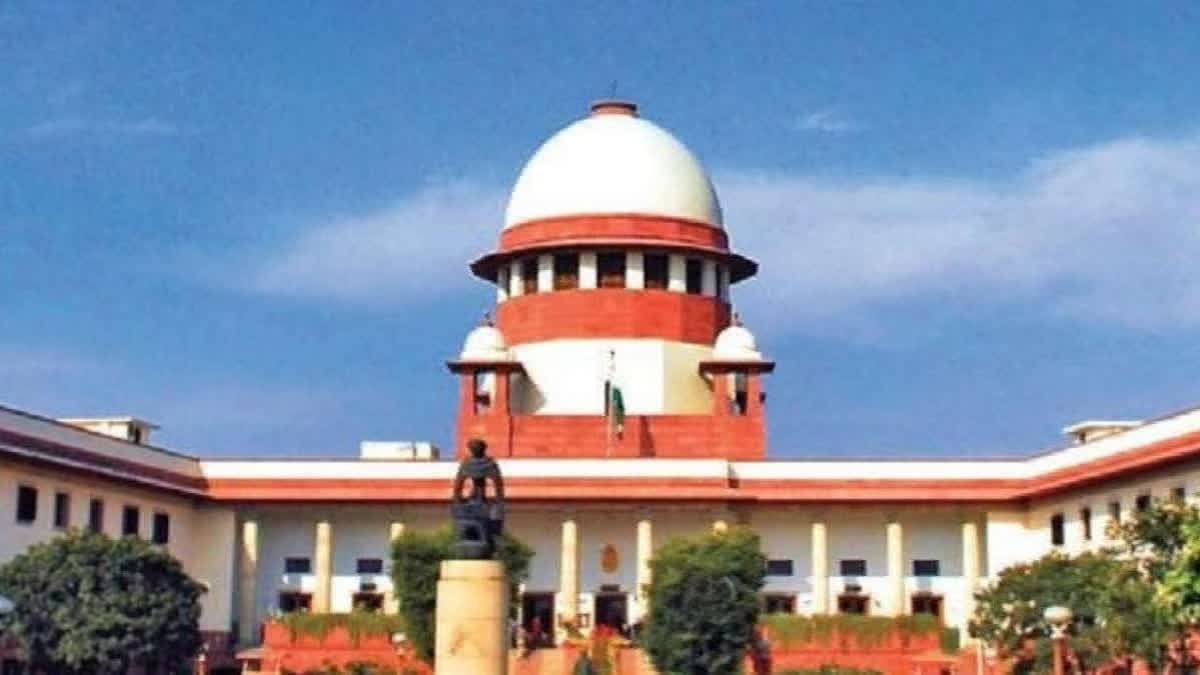New Delhi: The Supreme Court on Tuesday agreed to examine whether the use of vulgar language in a web series TVF 'College Romance' amounts to a “sexually explicit act”, under Section 67A of the Information Technology Act. In March this year, the Delhi High Court ruled that the language used in the web series "College Romance," which is streaming on the over-the-top (OTT) platform, is filthy, profane, and vulgar and will deprave and corrupt the brains of young people.
According to the single judge of the high court Justice Swarana Kanta Sharma, the obscenity of the language used in the episodes was so extreme that it was impossible for her to hear in the chamber without shocking others in the vicinity. Today, a bench comprising justices A.S. Bopanna and M.M. Sundresh agreed to examine whether the word “act” encompassed spoken language too. The web series makers have moved the apex court against the high court order.
Senior advocate Mukul Rohatgi, representing the web series makers, submitted this was not a case of obscenity and a case of vulgar language is not a case of obscenity and the two are different. Rohatgi stressed that the series portrayed youngsters speaking in rough language and the offence under Section 67A is not made out, and there was no depiction of a sexually explicit physical act on screen.
Also read: Supreme Court allows Sarah Sunny, practising deaf lawyer, to argue in sign language
On Section 67A, the bench told Rohatgi that his interpretation is technical and he is claiming that a sexually explicit act is restricted to a physical act. The bench observed that the high court had held that even words spoken would fall within the ambit of a ‘sexually explicit act’ under Section 67A. After hearing submissions, the top court scheduled the matter for further hearing on October 31.
A person found guilty under Section 67A (publishing or transmitting of material containing sexually explicit acts) for the first time faces imprisonment up to five years and a fine extending to Rs 10 lakh. A repeat offender gets seven years in jail and a fine of Rs 10 lakh.
The high court had upheld the action taken against the web series 'College Romance' for vulgar language. The high court was dealing with the petitions filed against the order of the Additional Sessions Judge and the Additional Chief Metropolitan Magistrate (ACMM). The ACCM had directed the police to register FIRs against the petitioner under Sections 292 and 294 of the Indian Penal Code and Sections 67 and 67A of the IT Act.



